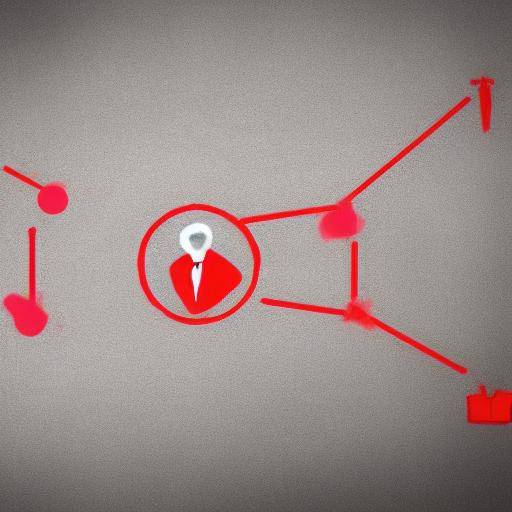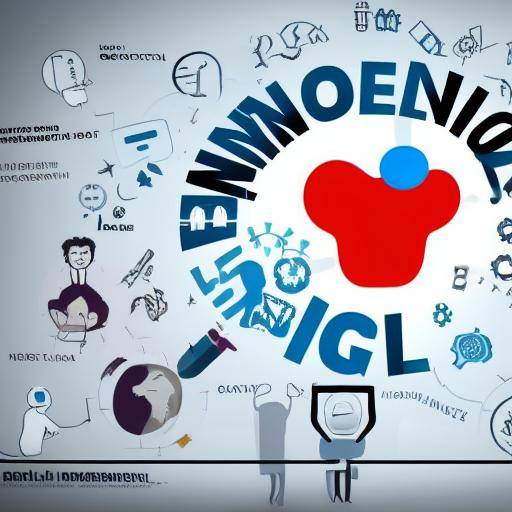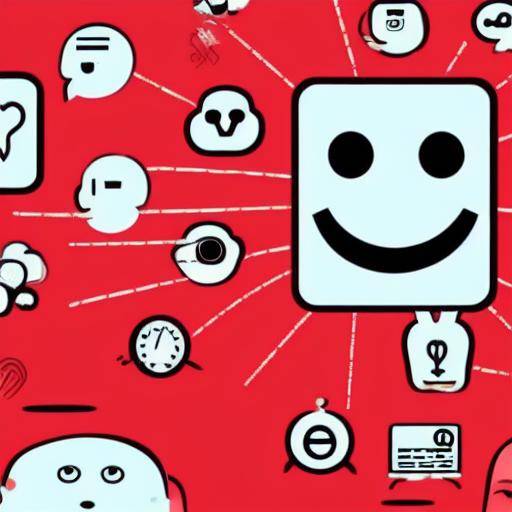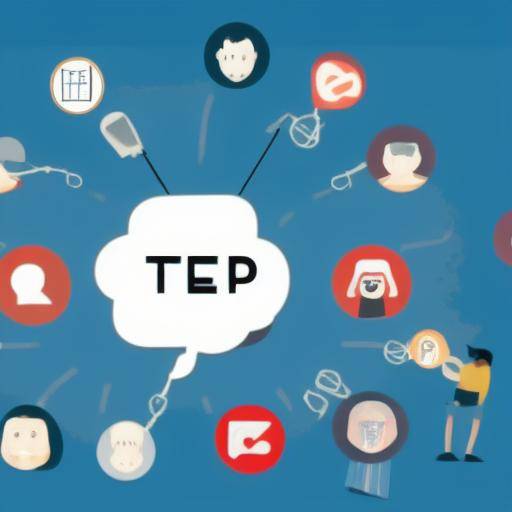
Diversity and inclusion are key aspects of creating equitable and enriching labour and social environments. Social intelligence, which refers to the ability to understand and manage emotions and interpersonal relationships, plays a crucial role in fostering diversity and inclusion. In this article, we will explore in depth how to use social intelligence to promote diversity and inclusion, its impact on different contexts, practical advice, and future predictions. We will also provide a historical vision, a detailed, comparative analysis, and case studies that illustrate its relevance and effectiveness in today's society.
Introduction
We will begin by defining social intelligence and its importance in promoting diversity and inclusion. We will explore key concepts and establish the relevance of this topic today.
Social intelligence refers to the ability to understand one's own and other emotions, as well as the ability to effectively relate to others. In the context of diversity and inclusion, social intelligence becomes particularly relevant in fostering mutual understanding, empathy and building respectful and equitable relationships.
History and Background
The history of social intelligence and its relation to diversity and inclusion allows us to understand how these ideas have evolved over time. We will analyze the origins, important milestones and the influence of key figures in this field.
The concept of social intelligence has existed throughout history in various cultures and contexts, but was formalized and popularized in the twentieth century by psychologists such as Edward Thorndike and Daniel Goleman. As society has evolved, the notion of diversity and the importance of inclusion have become increasingly relevant, leading to greater recognition of the importance of social intelligence in promoting diverse and equitable environments.
Analysis in Deep
In-depth analysis allows us to understand in detail the benefits and challenges associated with the use of social intelligence to foster diversity and inclusion. We will examine statistics, concrete examples and success stories that illustrate their impact on different scenarios.
The use of social intelligence in the promotion of diversity and inclusion has the potential to generate significant benefits, such as a greater sense of belonging, greater creativity and innovation, and a more positive and productive working environment. However, challenges may also arise, such as resistance to change or lack of understanding on the importance of diversity and inclusion.
Comprehensive review
A comprehensive review will allow us to explore different applications, best practices and expert opinions on how to leverage social intelligence to promote diversity and inclusion. We will compare different approaches and discuss the advantages and disadvantages of each.
The use of social intelligence in promoting diversity and inclusion can be manifested through the implementation of training and awareness programmes, the creation of inclusive policies, and the promotion of diversity within working teams and communities. It is essential to seek opinions from experts and leaders in the field to understand how we can maximize their impact.
Comparative analysis
We will conduct a comparative analysis of diversity, social intelligence and interpersonal relationships to identify similarities, differences and possible synergies between these concepts. We will use concrete examples and scenarios that help illustrate the key points of our comparison.
Diversity, social intelligence and interpersonal relationships share the characteristic of influencing social dynamics, both in working environments and in everyday life. While diversity focuses on the representation of different identities and perspectives, social intelligence allows us to manage these differences empaically and respectfully.## Practical Tips and Accessible Recommendations
We will then provide practical advice and actionable recommendations to promote diversity and inclusion through the development of social intelligence. We will use lists with vineyards or lists to ensure the clarity and applicability of the councils.
- Develop empathy: Promoting understanding and empathy towards the experiences of others is essential to promoting an inclusive environment. This can be achieved through training programmes that focus on the perspective and experiences of different groups.
- Promote active listening: Encouraging active listening practices within teams and communities is essential to understanding and assessing the views and needs of each individual.
- Diversify representation: Promoting diversity in visual representation, corporate messages and participation in events and projects can help create a more inclusive and representative environment.
- Create safe spaces: Establish safe spaces where opening, respect and equitable participation is encouraged allows all people to feel valued and heard.
Conclusions
In conclusion, social intelligence plays a key role in promoting diversity and inclusion in the labour and social sphere. In developing the ability to understand and manage emotions, as well as the ability to interact empathicly and respectfully, it is possible to foster an environment in which all people feel valued and respected.
Frequently asked questions
What is social intelligence and how does it relate to diversity and inclusion?
Social intelligence refers to the ability to understand one's own and other emotions, as well as the ability to effectively relate to others. In the context of diversity and inclusion, social intelligence becomes particularly relevant in fostering mutual understanding, empathy and building respectful and equitable relationships.
Why is it important to promote diversity and inclusion in labour and social settings?
Diversity and inclusion are fundamental to creating equitable, enriching environments where all people feel valued and respected. In addition, diversity provides a greater variety of perspectives, which can boost innovation, creativity and performance of teams and organizations.
How can social intelligence contribute to building inclusive environments?
Social intelligence allows the development of empathy, the ability to listen actively, and the management of relationships in an empathy and respectful manner, which contributes to the construction of inclusive environments where all people feel valued and respected.
What benefits can the use of social intelligence in promoting diversity and inclusion?
The use of social intelligence in promoting diversity and inclusion can generate significant benefits, such as a greater sense of belonging, greater creativity and innovation, and a more positive and productive working environment.
What are the main challenges associated with the promotion of diversity and inclusion?
The main challenges may include resistance to change, lack of understanding on the importance of diversity and inclusion, and the need to address prejudices and stereotypes rooted in society.
What practical steps can be taken to promote diversity and inclusion through the development of social intelligence?
Some practical steps include developing empathy, promoting active listening, diversifying representation, and creating safe spaces where all people feel valued and respected.
This article on how to use social intelligence to promote diversity and inclusion has comprehensively addressed the relationship between these fundamental concepts. In understanding the importance of social intelligence in promoting diversity and inclusion, as well as the implementation of practical councils, it is possible to strengthen labour and social environments to make them more equitable, enriching and productive. Continue exploring and applying these principles is not only crucial for the development of more egalitarian societies, but also offers tangible benefits in terms of innovation, creativity and performance in different contexts.
With the information provided in this article, readers can gain a deep understanding of how social intelligence can be strategically used to foster diversity and inclusion. By fostering empathy, understanding and collaboration, it is possible to build environments where each person feels valued and respected.
If you want to continue exploring more on this issue or are interested in implementing strategies to promote diversity and inclusion through social intelligence, we invite you to continue exploring this fascinating issue with the resources we offer below.













































